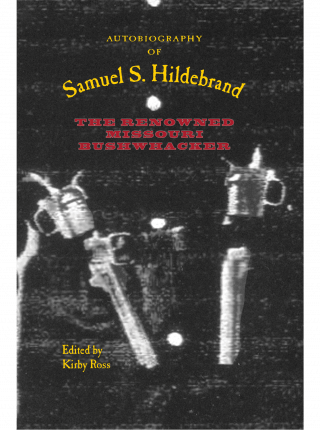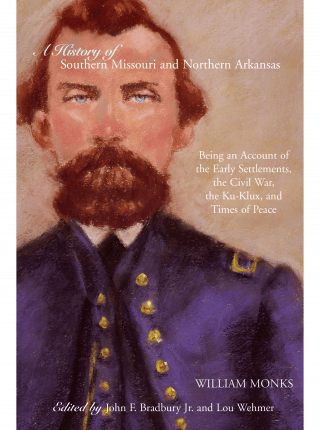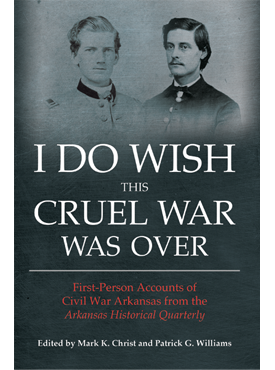Choice Outstanding Academic Title
Texas has often been overlooked in Civil War scholarship, but this examination shows that the Lone Star State—though definitely unusual—was decidedly Southern. Eleven noted historians examine the ways the civil war touched every aspect of life in Texas and approach the subject from varied perspectives—military, social, and cultural history; public history; and historical memory—to provide a greater understanding of the roles of women and slaves during the war, and how veterans and the aftermath of loss helped pave the way for the Texas of today.
Charles D. Grear is professor of history at Central Texas College. He is the author of Why Texans Fought in the Civil War, and the editor of several collections about the Civil War.
“Charles D. Grear has assembled an all-star cast of great minds and excellent writers who have chimed in on the role of Texas in the Civil War and how that experience shaped the future of the state. The result is a perfect blend of topics, tone, and tenor that will enlighten students of Lone Star history in particular and Civil War history in general for years to come. The Fate of Texas is an important contribution to the national story.”
—Donald S. Frazier, author of Blood and Treasure: Confederate Empire in the Southwest
“The Civil War in the West has a single goal: to promote historical writing about the war in the western states and territories. It focuses most particularly on the Trans-Mississippi theater, which consisted of Missouri, Arkansas, Texas, most of Louisiana (west of the Mississippi River), Indian Territory (modern day Oklahoma), and Arizona Territory (two-fifths of modern day Arizona and New Mexico) but encompasses adjacent states, such as Kansas, Tennessee, and Mississippi, that directly influenced the Trans-Mississippi war. It is a wide swath, to be sure, but one too often ignored by historians and, consequently, too little understood and appreciated.
Topically, the series embraces all aspects of the wartime story. Military history in its many guises, from the strategies of generals to the daily lives of common soldiers, forms an important part of that story, but so, too, do the numerous and complex political, economic, social, and diplomatic dimensions of the war. The series also provides a variety of perspectives on these topics. Most importantly, it offers the best in modern scholarship, with thoughtful, challenging monographs.
Secondly, it presents new editions of important books that have gone out of print. And thirdly, it premieres expertly edited correspondence, diaries, reminiscences, and other writings by participants in the war.
It is a formidable challenge, but by focusing on some of the least familiar dimensions of the conflict, The Civil War in the West significantly broadens our understanding of the nation’s most pivotal and dramatic story.”
—Daniel Sutherland, from the preface of I Do Wish This Cruel War Was Over
“Meticulously researched, artfully written, and historiographically exciting, this book will set a new standard for historical literature dealing with Texas and the Civil War.”
—Choice
“Texans dealt with many of the same stresses endured in other parts of the South, but they also encountered unique challenges associated with their frontier location. Grear has put together a volume that reveals both of these aspects of the Texas experience. The contributors highlight both the distinctively Southern and the uniquely Texan experience of the Civil War and its aftermath in the state, and they ask questions and make conclusions that are sure to provoke future research into the way Texans both affected and were affected by the war.”
—H-Net
“A satisfying mix of essays . . . all models of coherent argument and deep research [offering] a suggestion of how historians could, and should, integrate the history of Texas more thoroughly into the history of the Civil War.”
—Military History of the West




